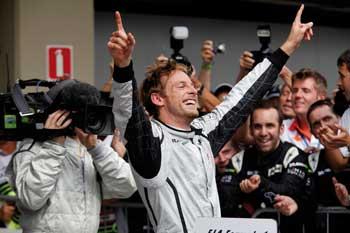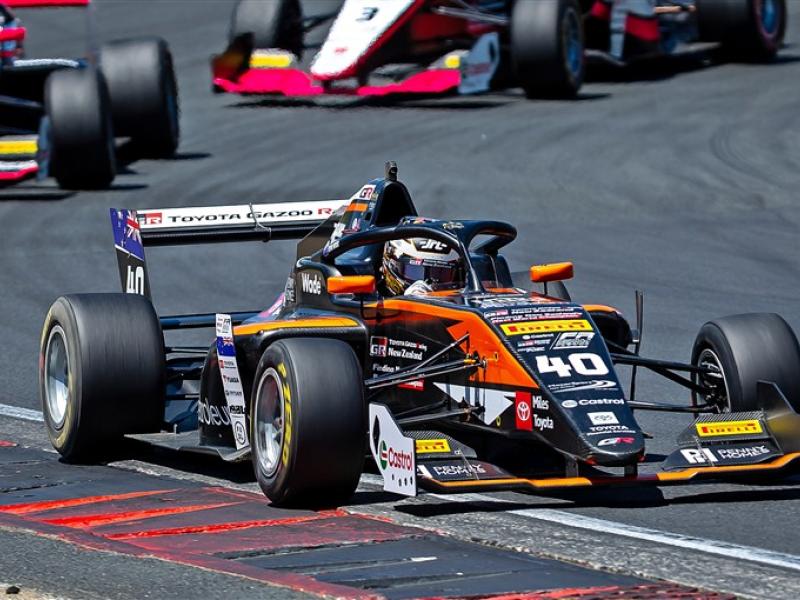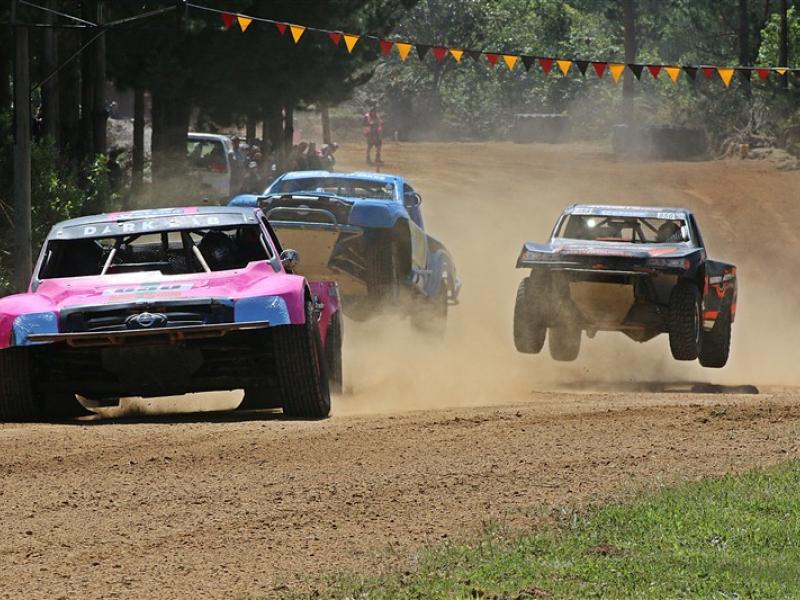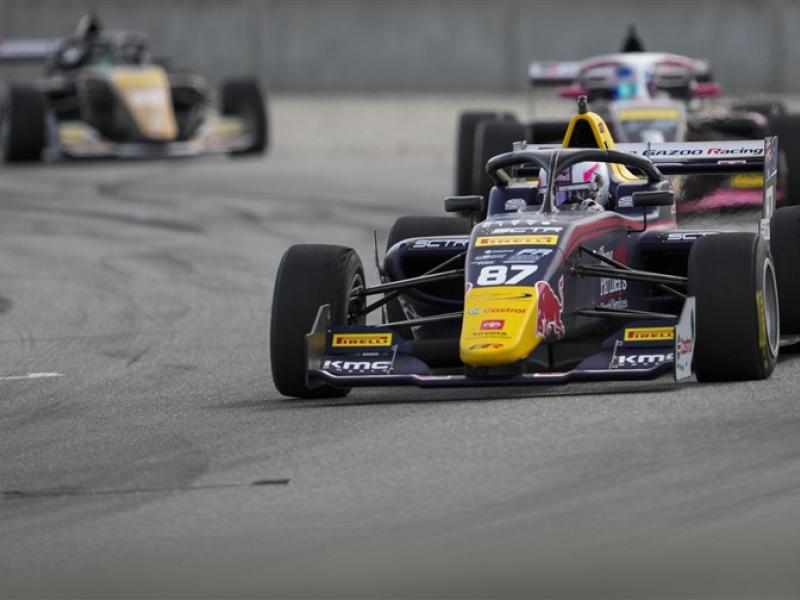| Jenson Button’s career is a clear demonstration of the fact that in order to succeed in motorsport, you need to be in the right car at the right time. The English driver burst into Formula One in 2000 and quickly proved his talent, becoming the youngest driver – at 20 years and 67 days – to gain points in a world championship F1 race. But it has taken him 10 years to become world champion and indeed, before this year he had won only one Grand Prix. Last year he scored points in only one race, and that was a sixth. In 2009 he won six of the first seven GPs and carried on to a convincing win in the championship. Of course Button did not metamorphose into a brilliant driver between seasons – the car made the difference. The 2008 Honda was rubbish, which no doubt contributed to the company’s decision to withdraw from F1 at the end of that year. It looked as though Button could be out of F1 altogether, but Honda team chief Ross Brawn led a management buy-out of the outfit, renamed it Brawn GP and kept Button and Rubens Barrichello as drivers. The new team had a lot less money so it shed staff and Button took a big pay cut -- $11 million, reportedly – to keep racing. It turned out that the car Brawn and his colleagues had designed for 2009 was brilliant, which must have made Honda feel a bit silly. They got the engines from Mercedes-Benz and although the car was late to start its testing programme, it was immediately very fast. Button was a star again and Barrichello – at 38 the oldest driver in the field – was also racing at the front again. Ross Brawn’s success should not be too surprising. He had helped Michael Schumacher win championships at Benetton and then through that long period at Ferrari. As well having great design abilities, he is very shrewd at controlling a race from the pit wall – working out strategies, deciding what to do when a safety car comes out, and so on. Button had ridden a wave of success all the way from his early karting days to his arrival in F1. He got his first kart at eight and went on to win all 34 races in 1991 British Cadet kart championship. Six years later he won the European Super A championship, the youngest driver ever to do so. The move to cars came at 18, quite late by current New Zealand standards, but he straight away won the British Formula Ford championship. Next came a year in the British F3 championship, where he finished third with three race wins. At the end of that year Williams-BMW offered him a test, and he impressed them so much he was offered a drive for 2000. Williams was a strong team at that time and Button did pretty well for a young rookie, finishing eighth in the championship and impressing by qualifying third at the daunting Spa circuit in Belgium. The British media hailed him as their new sporting hero but next season he decided to join Benetton, which proved to be the wrong decision. Button dropped to 17th in the world championship and the media started to turn on him, accusing him of being a playboy who was not taking his sport seriously enough. “I suppose my second year in F1 was the toughest personally,” Button said recently. “After my first year it wasn’t enjoyable. It was enjoyable at Williams and got great results, but I really didn’t work hard enough. Basically I was too inexperienced and too young to be racing. The second and third years of my career were very difficult, especially my second. That is when I knew it wasn’t just speed, you can’t win races with just that. You need to work on many different areas and F1 becomes your life.” Renault bought the Benetton team and gave it their own name, and with an improved car Button progressed back to seventh in the series – only to be dropped at the end of season by controvesial Renault boss Flavio Briatore, the man who is now banned from F1 because of his part in the deliberate crash by his driver Nelson Piquet Jr in the Singapore GP last year. Button headed to BAR-Honda, where his team-mate was former world champion Jacques Villeneuve. He has stayed there ever since, while the team changed its name to just Honda in 2006 and Brawn-Mercedes this year. His best season before this one was 2004, when he finished third in the championship, and then in 2006 he won his first GP – at his 113th attempt. |
So on to 2009, and at last Button finds himself in the right car at the right time. After his dynamite start to the season he established a solid points lead and kept it till the end, although his dominance in the races did not continue. It turned out that the Brawn worked better in some conditions than others, and at one point it seemed that development on the car had actually made it slower. Meanwhile Red Bull got their cars going very fast, both Sebastian Vettel and Mark Webber winning races, and Button’s team-mate Barrichello started outperforming him. There were no team orders in Brawn – unlike the earlier days at Ferrari, when Barrichello was required to play second fiddle to Schumacher. |






